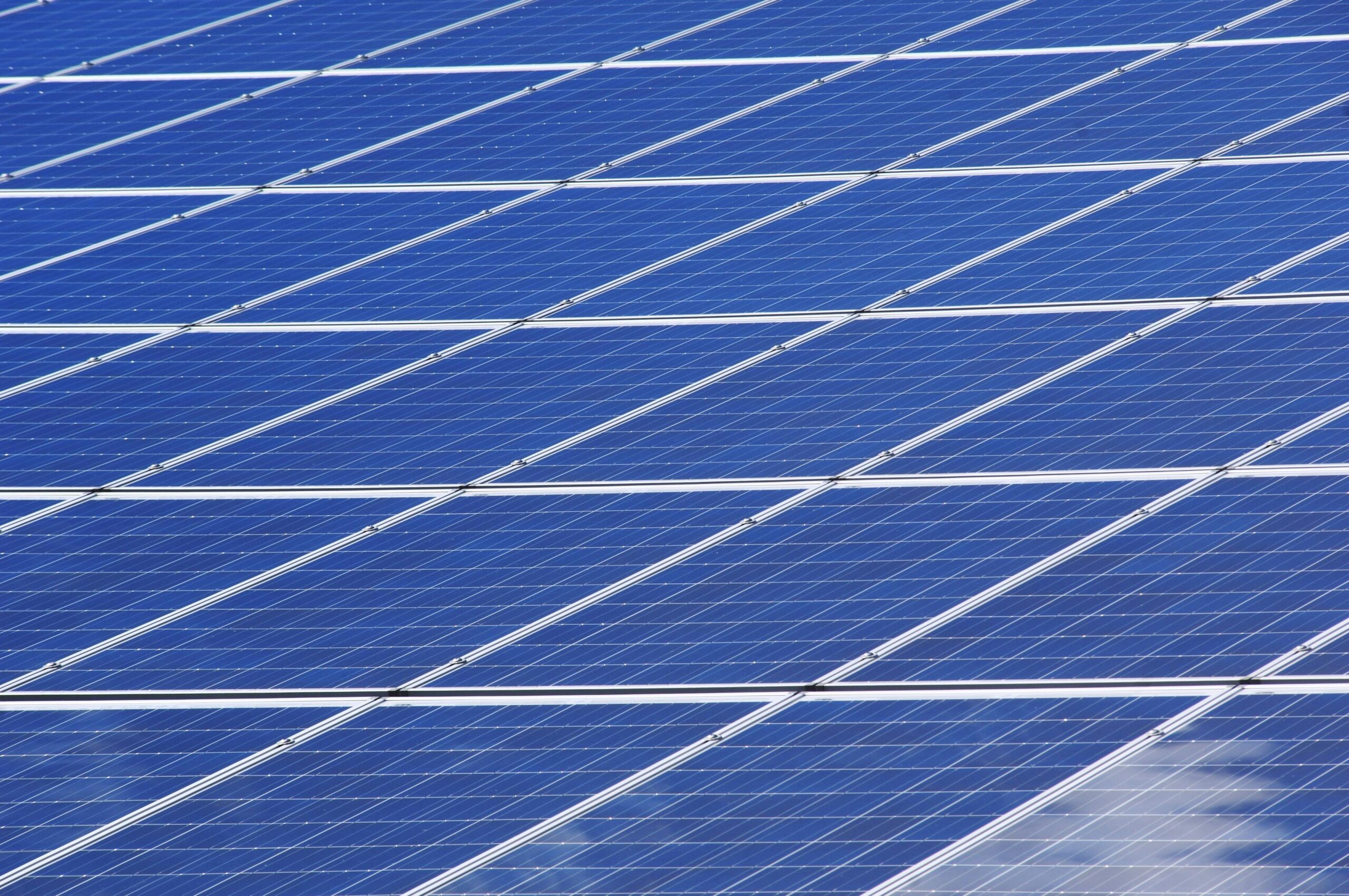A recent story out of Virginia could give hope to Hoosier advocates that community solar is within reach:
Two bills that would expand the public’s access to shared solar in Virginia are awaiting a signature from Republican Gov. Glenn Youngkin.
Shared solar is a program in which solar developers allow people who may be unable to install solar panels on their property to pay a subscription fee to receive energy from their facility. The facilities must generate no more than five megawatts.
The program was created for Dominion Energy customers in 2022 to give property owners whose roofs are unsuitable to hold panels, or who reside on lots that don’t garner enough sunlight to produce electricity, the option of using renewable energy.
But the program was limited to just 150 megawatts of electricity and required a minimum bill charge to cover the costs for distribution and transmission services; low-income subscribers were exempt from paying.
As a result, two years since the program was created, only low-income subscribers have signed up for the program.
Virginia Mercury, March 25, 2024
These bills, aimed at removing regulatory barriers and incentivizing the development of shared solar projects in Dominion and Appalachian Power territories, signify a positive step towards a more equitable and renewable energy future. By facilitating the growth of community solar, policymakers can accelerate the transition to clean energy while ensuring that no community is left behind.
Community solar could bring enormous benefits to Indiana if lawmakers can agree on a statewide policy:
- Access: One of the most significant advantages of community solar is its inclusivity. By eliminating the need for rooftop installations, community solar opens up renewable energy access to renters, homeowners with shaded roofs and those unable to afford upfront installation costs.
- Cost Savings: Participants in community solar programs typically benefit from reduced electricity costs. As subscribers receive credits on their utility bills for their share of the solar production, they can lower their overall energy expenses while supporting clean energy generation.
- Environmental Impact: Community solar contributes to reducing greenhouse gas emissions and dependence on fossil fuels. By harnessing the power of the sun, these programs promote sustainable energy practices and help combat climate change.
- Community Engagement: Beyond environmental benefits, community solar fosters a sense of community involvement and cooperation. Local residents and businesses can come together to invest in renewable energy infrastructure, strengthening community bonds and promoting a shared commitment to sustainability.
Hoosier homes and businesses, including low-income families and underserved populations, need new options to expand access to the benefits that solar energy provides.

